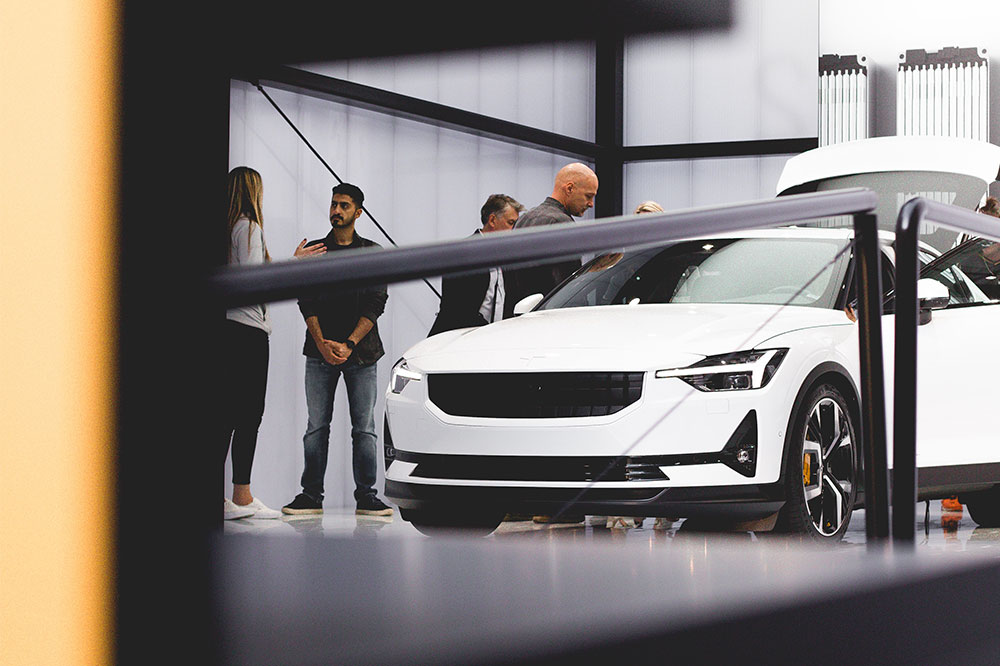
Comparing Hybrid and Electric Cars
In today’s times, electric or green vehicles are becoming increasingly popular due to their eco-friendly features and lower carbon footprint. These cars create minimum air pollution and help reduce global warming. Are you are planning to buy a car and are in two minds about hybrid and electric ones? Here is a hybrid vs. electric cars comparison that may help you make your mind.
Power source: In hybrid cars, there are two sources of power – a battery-driven electric motor and a gasoline engine. These cars automatically switch between electric mode and gas mode to power the vehicle. If needed, they may also use both electric and gas modes together.
Electric cars are powered only by an electric motor. They use one or more electric or traction motors for propulsion. These cars are fuel-efficient and make less of a dent in your savings as electricity rates are lesser than gasoline prices. This is an important factor to consider while doing a hybrid vs. electric cars comparison.
Charging: Hybrid cars need not be plugged in to charge the battery. These vehicles have an electric motor and an internal combustion engine that powers them through the energy stored in batteries. The battery of hybrid cars gets charged by the internal combustion engine or gas engine and regenerative braking.
Electric cars are powered via electricity stored in rechargeable batteries. All you need to do is plug the car into a charging point from where it can take electricity and recharge the battery. These cars can be charged by plugging into a home charging unit or a public charging station.
Usage: When you are making a hybrid vs. electric cars comparison, this is one of the most important points to consider. If you need one for short as well as long trips, a hybrid car is a better option. The engine of hybrid cars uses gas to recharge the battery. The battery also recharges on its own when the brakes are used. Therefore, the mpg is better when you are driving in town and use the brakes more. When you are driving on a highway and brake less often, the gas mileage is a little less.
Electric cars should be charged often and are ideal for short and predictable day trips only. Although they do not emit any harmful pollutants, they take time to charge. However, avoid taking it to the highway. You will have a tough time if the car runs out of charge and there is no charging station nearby.
Maintenance costs: Hybrids may run into typical car maintenance issues, such as replacement of engine oils, coolant, transmission fluid, and belts.
On the other hand, electric cars do not incur combustion engine costs, but other costs such as tire changes, structural damage repair, and insurance plans add on to the maintenance charges. However, the maintenance costs of electric cars are lower than that of hybrid cars.
So, hopefully, this hybrid vs. electric cars comparison will help you buy the right vehicle for your needs. Both are environment-friendly options and quite popular among eco-conscious Americans.


